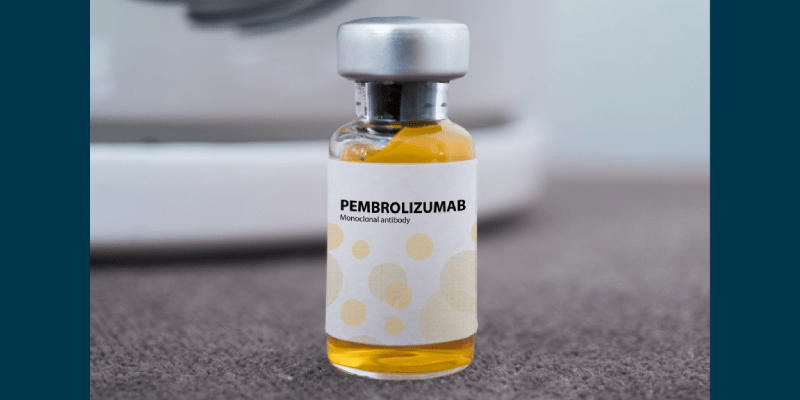
New data from the phase 2 POLAR trial presented at the European Society for Medical Oncology Congress 2024 shows promising outcomes for patients with metastatic pancreatic cancer (mPC) who have specific genetic mutations or exceptional responses to platinum-based chemotherapy. The trial, which targets patients with homologous recombination deficiency (HRD), non-core HRD (ncHRD), and those with a strong response to platinum, explores the potential of combining a PD-1 inhibitor with a PARP inhibitor to boost progression-free survival (PFS).
The trial enrolled 63 patients across three distinct cohorts: (A) HRD patients with BRCA1/2 or PALB2 mutations; (B) patients with non-core HRD mutations such as ATM or CHEK2; and (C) patients with no HRD but with exceptional response to platinum therapy. All participants received pembrolizumab and olaparib as maintenance therapy after their initial platinum-based treatment.
The most significant results came from cohort A (HRD patients), where 64% of patients were progression-free at 6 months, with an overall response rate of 35%. Disease control at six months was seen in 90% of these patients. In contrast, cohorts B and C experienced lower PFS and response rates, with only 47% and 13% of patients progression-free at six months, respectively. cohort B showed a moderate 47% disease control rate, while cohort C, representing platinum responders without HRD mutations, had the lowest disease control rate at 20%.
The median overall survival in cohort A was not reached during the trial, indicating a potentially durable benefit for this group, while cohorts B and C had median overall survival of 18 months and 10 months, respectively. Treatment-related adverse events were mostly manageable, although grade 3/4 events occurred in 36% of patients and included anemia, pancreatitis, and colitis.
These findings lay the groundwork for further investigation into combining immunotherapy and PARP inhibitors, offering potential new personalized treatment options in metastatic pancreatic cancer.







 © 2025 Mashup Media, LLC, a Formedics Property. All Rights Reserved.
© 2025 Mashup Media, LLC, a Formedics Property. All Rights Reserved.